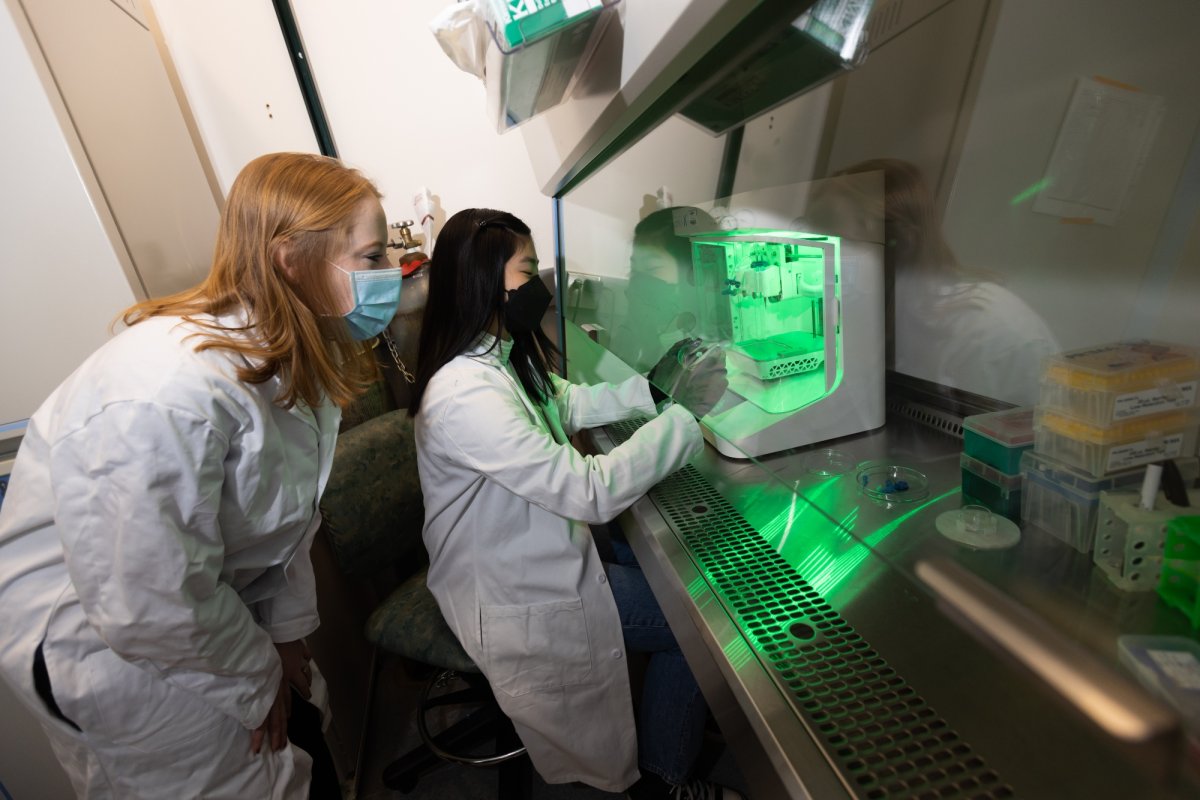Uncovering the next big challenges facing biomedical engineering

February 26, 2024 — Biomedical engineers are among medicine’s ultimate problem solvers, advancing technologies to better understand the human body and the progression of disease. In recent years, new capabilities and challenges in the field of biomedical engineering have emerged, calling for new ways of driving progress and training the next generation.
A workshop, “Grand Challenges at the Interface of Engineering and Medicine” recently identified some of the greatest hurdles facing biomedical engineering today. A team of leaders in the field, including Professor Brenda Ogle, PhD, head of the University of Minnesota Department of Biomedical Engineering, published a summary of these challenges in the journal IEEE Open Journal of Engineering in Medicine and Biology.
The workshop team identified five key challenges facing biomedical engineering in the near future, including: 1) creating avatars of human physiology, 2) augmenting human functions, 3) engineering the brain and foundations for in vitro modeling, 4) harnessing the immune system for health and wellness, and 5) engineering genomes and cells. The team also offered strategies to help overcome these hurdles.
Professor Ogle and her colleagues published their summary with one goal in mind: “to inspire students and researchers to think of novel paradigms and bring new innovations and engineering ideas to human health and medicine.” With grand challenges come exciting opportunities to change peoples’ lives for the better.